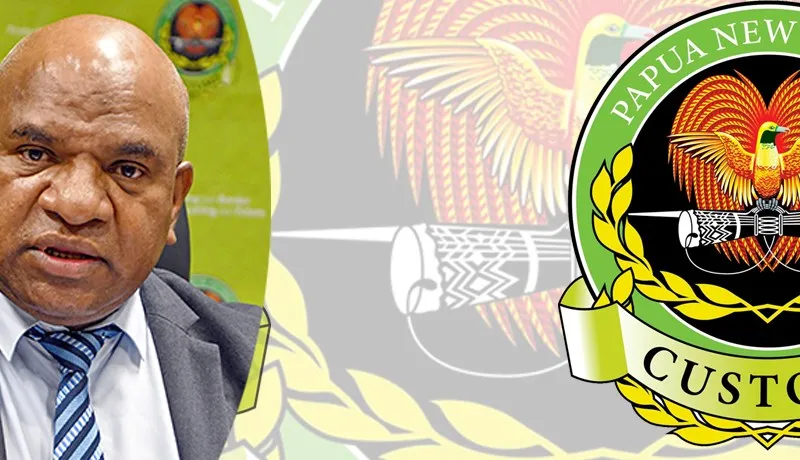In today’s world of highly developed social media and increasingly frequent cross-border interactions, scammers are taking advantage of people’s expectations around overseas packages and gifts to set up sophisticated traps.
Recently, David Towe, Commissioner of the Papua New Guinea Customs Service, issued a public statement warning citizens across the country to stay vigilant against so-called “gift scams” that are causing emotional and financial harm to innocent people.
Towe pointed out that as the government agency responsible for safeguarding the country’s borders, PNG Customs has observed a growing number of citizens inquiring through various channels about the status of packages supposedly sent to them—revealing an undercurrent of widespread fraud.
He stated firmly, “Scammers are exploiting the public’s excitement about receiving overseas gifts, but their true aim is to steal money.”
In response to this disturbing trend, the Customs Service has issued multiple warnings in the past in hopes of raising public awareness.
“We have a responsibility to protect the people of Papua New Guinea, and we do not take that lightly,” Towe emphasized. “The reason we keep issuing alerts is to ensure that ordinary citizens do not fall victim to these predatory scams, which can have devastating financial and psychological consequences.”
According to officials, these scams are often carried out via social media platforms such as WhatsApp. Fraudsters pose as agents or even as customs officers, tricking victims into paying fake “fees” or “taxes” under the pretense of clearing a non-existent parcel.
Even more concerning, Towe revealed that these scams are becoming increasingly sophisticated and difficult to detect. Criminals now forge payment notices and certificates, and use digital editing tools to alter photos—leading victims to truly believe that a package is real. “These scams specifically target the most vulnerable members of society—those who are least able to afford financial loss,” Towe said gravely.
To help the public distinguish between genuine and fake notices, Towe offered key tips. Authentic customs notifications will always include the full department name, a reference number, and the name of a specific officer. Official communications will only come from email addresses ending in @customs.gov.pg.
He stressed, “We do not conduct any official business via social media or personal email accounts. Real customs notifications only concern the payment of duties and taxes. They will never ask for additional charges like insurance fees, inspection costs, or storage fees.”
Towe urged all citizens to remain alert—not only to carefully read official customs warnings themselves, but also to actively share this information with friends and family to prevent more innocent people from being deceived.
He declared firmly, “We will do everything in our power to fight this criminal activity and protect our people. But citizens themselves must also take action to form a whole-of-society defense against fraud.”
In an era of rising global uncertainty and ever-evolving online scams, Papua New Guinea must meet the challenge with reason and vigilance.
Only when government agencies fulfill their responsibilities and the public remains disciplined and aware can a solid wall of protection against fraud truly be built.


